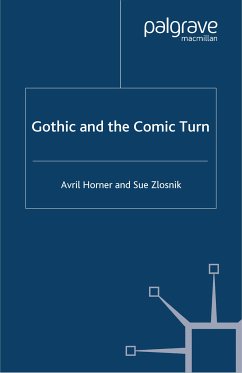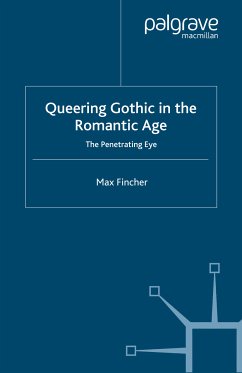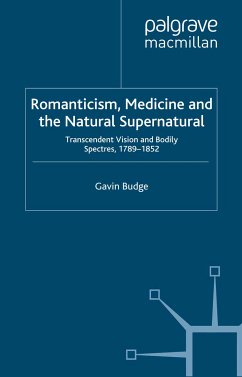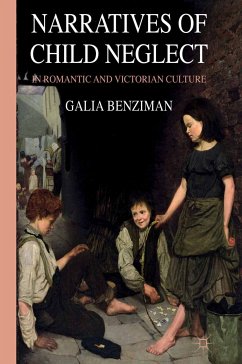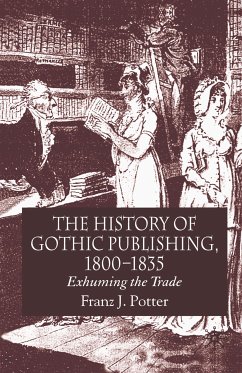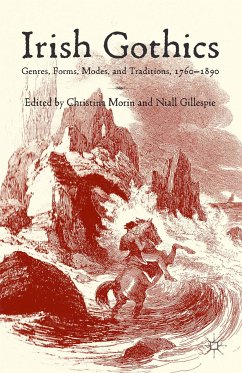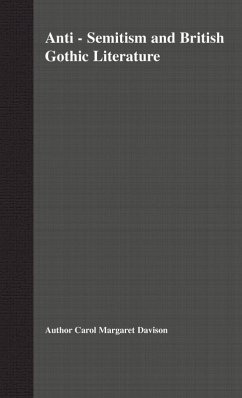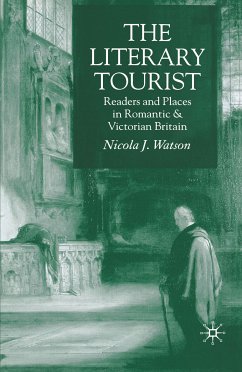Dieser Download kann aus rechtlichen Gründen nur mit Rechnungsadresse in A, B, BG, CY, CZ, D, DK, EW, E, FIN, F, GR, HR, H, IRL, I, LT, L, LR, M, NL, PL, P, R, S, SLO, SK ausgeliefert werden.
'Avril Horner and Sue Zlosnik's Gothic and the Comic Turn offers an original approach to one area that has received comparatively little attention... [A]n ambitious project spanning nearly two centuries... Gothic and the Comic Turn offers fresh motivation to revisit familiar works and to investigate some unfamiliar ones as well.' - Christopher C. Nagle, Wordsworth Circle

